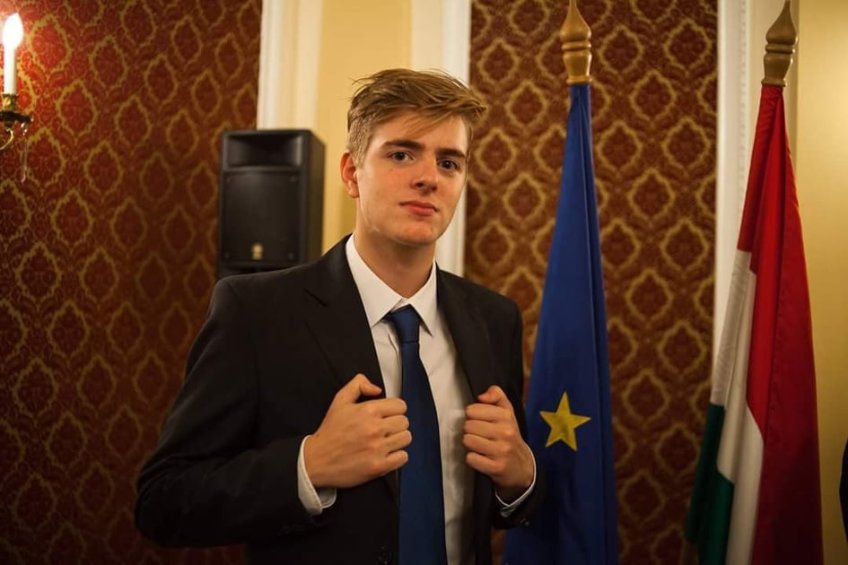Despite the numerous political and logistical challenges, Brandt seems positive. He describes JEF Hungary’s mission as “educating people on the European Union, on democracy, on the rule of law and other political questions in the EU and in Hungary because I think education is key to understanding these problems”.
When talking about how the new branch has developed an approach to suit a COVID world, Brandt explains that they are using social media such as Instagram and Facebook groups and other online platforms. Having already recruited 20 new members, they are trying to build up momentum in these trying conditions. Brandt said that “in such a short period of time and in such early stages of a youth organisation and political movement, we would ideally need big events but, as this is not possible, we are running online events, and we try to promote events run by other organisations”.
Hungary is currently in a particularly tense political situation. Right now, “talking about the EU seems a bit controversial. It seems that supporting the EU means you are categorised as the puppet of the opposition and there is a very strong political headwind against this. We must fight against this … I think we need to learn how to talk about the EU without becoming part of the very heated political dialogue between the Hungarian government and the opposition”.
Moving on to talk about bias in the Hungarian press, Brandt says that “NGOs and other civil organisations and grassroots initiatives which have some ties to foreign actors are viewed poorly because the government sees them as the embodiment of foreign influence and foreign actors trying to extend their power in Hungary because usually these NGOs and civil organisations represent different views and different values to what Orban does. This is because the state media predominantly broadcasts the views and propaganda of the regime so it is hard to fight in this headwind”.
Their plan is to utilise social media and online platforms to combat this. Brandt says that “the government’s informational warfare is spreading anti-EU propaganda via state media, mostly to people living in the countryside”, and a counter-narrative is lacking. “I think if we can provide an alternative or at least help someone provide an alternative, we can be vanguards for young people, who are seeking to learn new information from different sources - not just government ones.”
Talking about the future, Brandt argues that there is a significant appetite for pro-democracy, pro-Europe changes in the country. In fact, the “vast majority of Hungarians support our membership in the European Union, with a recent study showing that most young people are dissatisfied with the current government, situation and political environment. However, they are not very interested in politics, meaning that they have this appetite but they cannot formulate their own political voices”. Brandt says that the new branch of JEF will provide a platform and establish a community of young people who believe in these ideals.
In terms of the Hungarian political landscape in the future, Brandt anticipates big changes ahead of the next general election in 2022. Currently, there is “unprecedented cooperation and collaboration involving all opposition parties - ranging from left to right”. One particular example was the election of a new anti-Fidesz mayor in Budapest in October 2019. Running as a Green Party politician, this represented the first electoral defeat for Prime Minister Viktor Orban’s party in nine years. For Brandt, this “new mayor has done exceptionally great things for Budapest”, including introducing a more global outlook to the city and showing that there is an alternative to Orban and his government. However, he concedes that what will be difficult is “convincing the median voter and mobilising people to turn up to vote”.


Follow the comments: |
|
